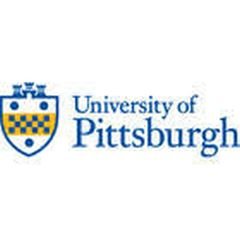
Researchers at the University of Pittsburgh have found that as heart cells mature, the number of specific signaling pathways drastically decreases. They protect the organ from damage, but do not allow it to regenerate.
Many organs of our body have the ability to regenerate. For example, lost hair grows back, and the liver can grow to the required size from a small piece. All this is very useful in the event that these organs are faced with some kind of injury or damage. But the heart, which is our main pump in the body, does not have this ability, and scientists from the University of Pittsburgh have established why this is connected.
Doctors want to restore the heart with the help of cobwebs
They found by observing laboratory mice that the number of specific communication pathways, which in science are called nuclear pores, decreases sharply with age in rodents. This process, on the one hand, is good for the heart, because it provides it with protection from all sorts of harmful signals, such as high blood pressure. But on the other hand, the same process prevents the regeneration of adult heart cells of cardiomyocytes.
Why is the tissue of peripheral nerves and brain restored differently?
Previously, scientists have shown that a specific gene is important for the regeneration of these cells, which is quite strongly expressed in newborns, but its activity decreases with age. During the study, scientists blocked the expression of this gene. This led to a reduction in the number of nuclear pores and a decrease in the transport of signaling proteins to the nucleus. The expression of the gene was reduced, and the regenerative capacity of cardiomyocytes was also impaired. (READ MORE)
Important! Information provided for reference purposes. Ask a specialist about contraindications and side effects and under no circumstances self-medicate. Seek medical attention at the first sign of illness.

University of Pittsburgh
Medicine
public research university in Pittsburgh, Pennsylvania, USA, founded in 1787.
